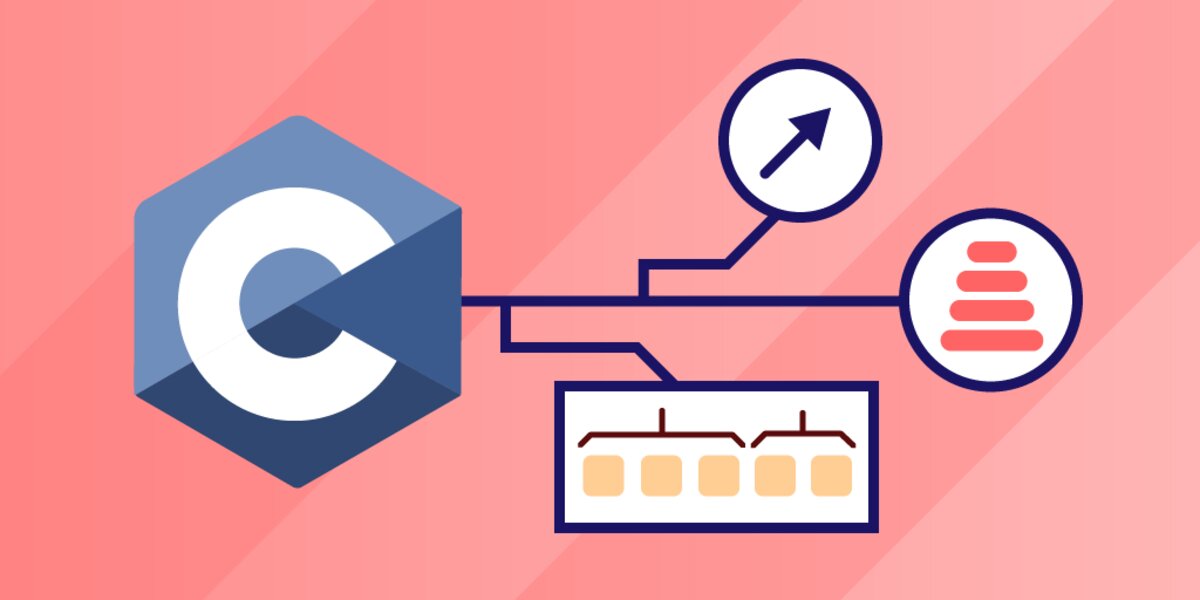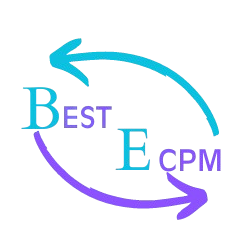Programming is a fundamental aspect of technology and innovation, driving the digital world forward. Whether you’re looking to start a career in tech or simply curious about how your favorite apps and websites work, understanding coding is essential. This article delves into the core concepts of programming, its significance, and how you can get started.
What is Programming?
Programming, often referred to as coding, involves writing instructions for computers to perform specific tasks. These instructions, written in various programming languages, are executed by the computer to achieve desired outcomes. Essentially, coding is about creating a set of rules that a computer can follow to solve problems or perform tasks.
coding is integral to the functioning of all modern technology. From web development and mobile apps to artificial intelligence and data analysis, coding underpins virtually every technological advancement.
Why Programming Matters
1. Foundation of Technology
coding is the backbone of technology. It enables the creation of software applications, websites, and systems that we use daily. Without programming, modern conveniences like social media, online shopping, and even operating systems would not exist.
2. Career Opportunities
A strong foundation in coding opens up a plethora of career opportunities. Software developers, data scientists, web developers, and systems analysts are just a few of the roles that require coding skills. As technology continues to evolve, the demand for skilled programmers remains high, making it a lucrative career choice.
3. Problem-Solving Skills
coding enhances problem-solving skills by encouraging logical thinking and systematic approaches. When you code, you break down complex problems into smaller, manageable tasks and develop solutions through algorithms and data structures.
Getting Started with Programming
1. Choose a Programming Language
The first step in learning coding is choosing a language. There are many coding languages, each suited to different tasks and industries. Some popular ones include:
- Python: Known for its readability and versatility, Python is great for beginners and is used in web development, data analysis, and artificial intelligence.
- JavaScript: Essential for web development, JavaScript allows you to create interactive and dynamic web pages.
- Java: Widely used in enterprise environments and Android app development, Java is known for its portability across different platforms.
- C++: Used in system/software development and game coding , C++ offers fine control over system resources.
2. Learn the Basics
Before diving into advanced topics, it’s important to master the basics of coding. This includes understanding fundamental concepts such as:
- Variables: Storage locations for data values.
- Data Types: Different kinds of data such as integers, floats, and strings.
- Control Structures: Statements that control the flow of execution (e.g., if-else statements, loops).
- Functions: Blocks of code that perform specific tasks and can be reused throughout your program.
3. Practice Regularly
coding is a skill best learned through practice. Regular coding exercises and projects help reinforce concepts and improve problem-solving abilities. Websites like Codecademy, LeetCode, and HackerRank offer interactive coding challenges and tutorials.
4. Work on Projects
Building projects is a practical way to apply what you’ve learned and showcase your skills. Start with simple projects, such as a personal website or a basic calculator, and gradually tackle more complex challenges as you gain confidence.
5. Join a Community
Joining coding communities can provide support and motivation. Online forums, local meetups, and coding groups offer opportunities to collaborate, seek advice, and stay updated with industry trends.

Advanced Programming Concepts
1. Object-Oriented Programming (OOP)
Object-oriented coding is a paradigm based on the concept of “objects,” which can contain data and methods. OOP principles, such as inheritance, encapsulation, and polymorphism, help create modular and reusable code. This approach is widely used in languages like Java and C++.
2. Algorithms and Data Structures
Understanding algorithms and data structures is crucial for efficient coding. Algorithms are step-by-step procedures for solving problems, while data structures are ways to organize and store data. Mastery of these concepts is essential for optimizing performance and solving complex problems.
3. Version Control Systems
Version control systems, such as Git, are used to track changes in code and collaborate with others. These tools are essential for managing codebases, handling updates, and resolving conflicts in collaborative projects.
4. Testing and Debugging
Testing and debugging are critical aspects of coding. Testing involves verifying that your code works as expected, while debugging is the process of identifying and fixing errors. Techniques such as unit testing and integration testing help ensure code quality and reliability.
5. Frameworks and Libraries
Frameworks and libraries are pre-written code that simplifies development tasks. For instance, web development frameworks like React and Django streamline the process of building applications. Familiarity with popular frameworks and libraries can accelerate development and enhance productivity.
Future Trends in Programming
1. Artificial Intelligence and Machine Learning
Artificial Intelligence (AI) and Machine Learning (ML) are rapidly evolving fields that rely heavily on coding. These technologies are transforming industries by enabling computers to learn from data and make decisions. As AI and ML continue to advance, coding will play a crucial role in developing intelligent systems and applications.
2. Quantum Computing
Quantum computing represents a significant leap in computational power, using quantum bits (qubits) to perform complex calculations. coding for quantum computers requires a different approach compared to classical computing. As quantum technology progresses, new programming paradigms and languages will emerge.
3. Internet of Things (IoT)
The Internet of Things (IoT) refers to the network of interconnected devices that communicate and share data. Programming for IoT involves working with embedded systems and ensuring seamless integration between devices. The growth of IoT will drive demand for specialized programming skills.
FAQs
What is programming?
coding, or coding, is the process of writing instructions for computers to perform specific tasks. These instructions are written in various coding languages and are executed by the computer to achieve desired outcomes.
How do I start learning programming?
To start learning coding, choose a programming language that interests you, learn the basics of coding, practice regularly with exercises and projects, and join coding communities for support and collaboration.
What are some popular programming languages?
Popular coding languages include Python, JavaScript, Java, and C++. Each language has its own strengths and is suited to different tasks and industries.
How important is practice in programming?
Practice is crucial in coding. Regular coding exercises and projects help reinforce concepts, improve problem-solving skills, and build confidence. The more you practice, the better you’ll become at coding.
What are some advanced programming concepts?
Advanced coding concepts include Object-Oriented coding (OOP), algorithms and data structures, version control systems, testing and debugging, and frameworks and libraries.
What future trends should I be aware of in programming?
Future trends in programming include advancements in Artificial Intelligence (AI) and Machine Learning (ML), quantum computing, and the growth of the Internet of Things (IoT). Staying updated with these trends can enhance your skills and open new opportunities.
Conclusion
Programming is a powerful skill that drives technological innovation and offers numerous career opportunities. By understanding the basics, practicing regularly, and exploring advanced concepts, you can build a strong foundation in programming. Staying updated with emerging trends and technologies will further enhance your skills and keep you at the forefront of the industry.
Embrace the journey of learning programming, and you’ll discover a world of possibilities where you can create, innovate, and solve complex problems.




